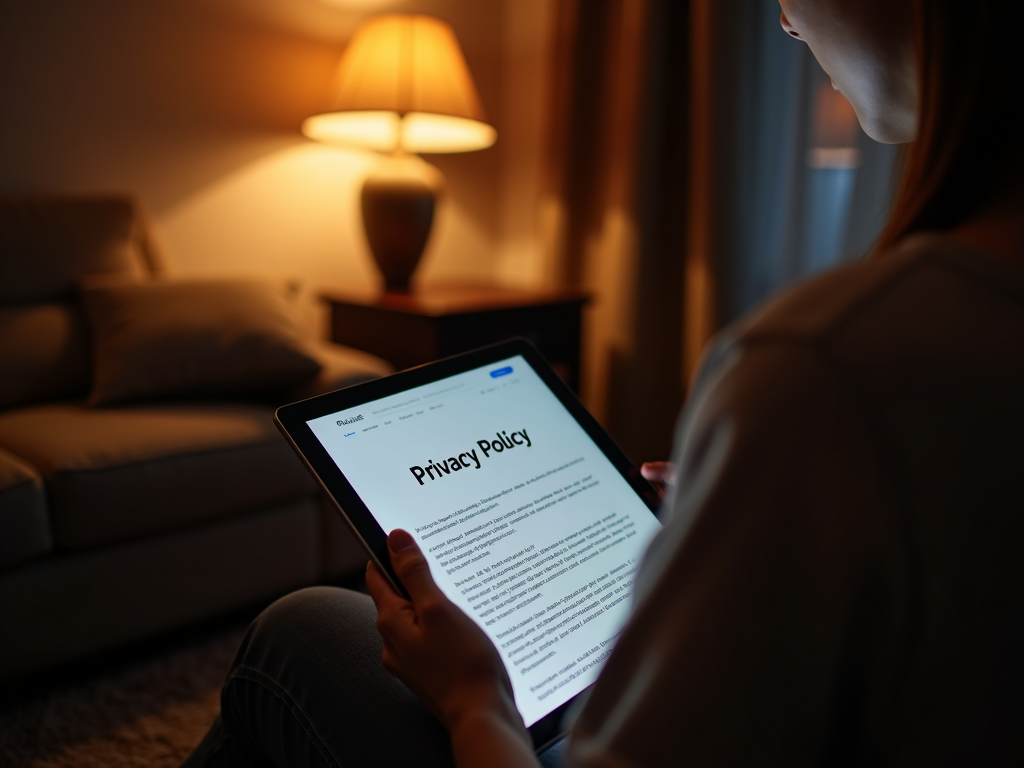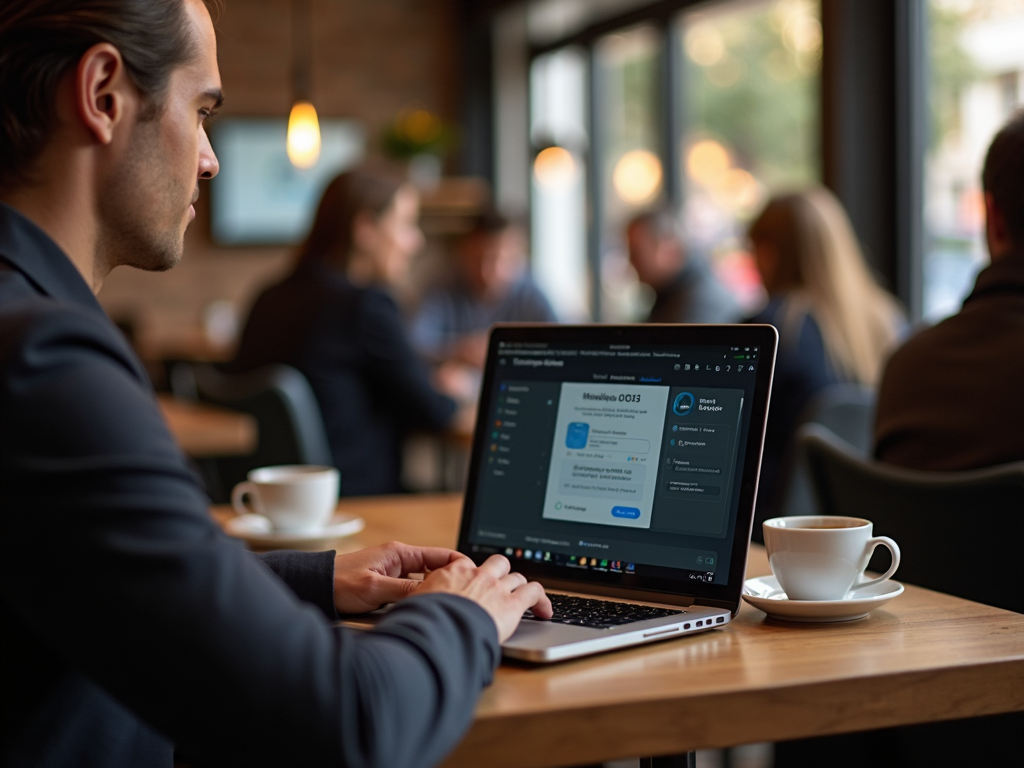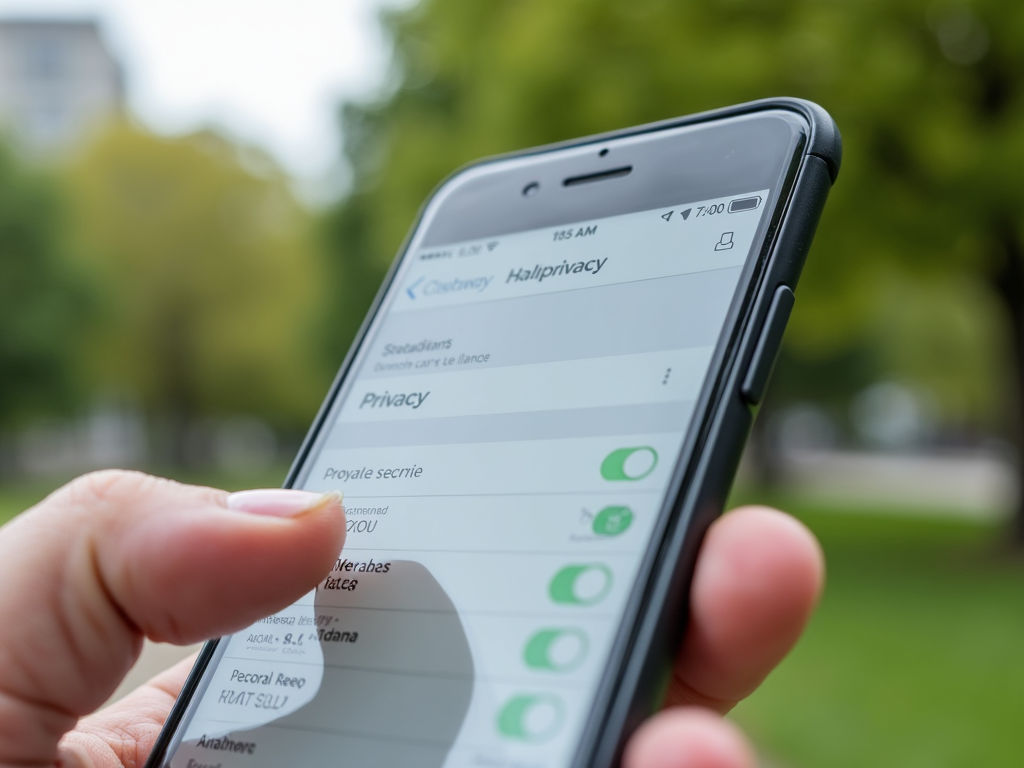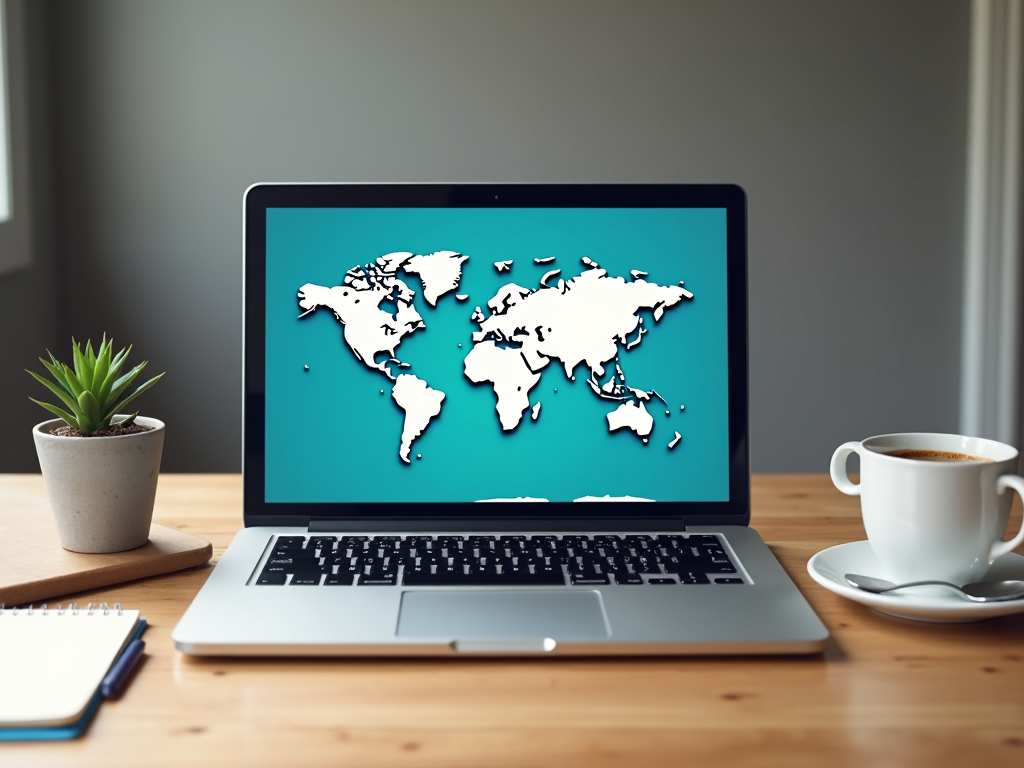Privacy Laws Around the World: What You Need to Know
Overview
In today’s connected world, your personal information is more valuable than ever. Privacy laws exist to protect it, but they differ wildly from one country to the next. This article dives into Privacy Laws Around the World: What You Need to Know, unpacking key regulations, their real-world effects, and how you can stay safe online.
Why Privacy Laws Matter
Let’s start with the basics. Privacy laws control how companies collect, store, and use your data—like your name, email, or even your browsing habits. The Importance of Online Privacy in the Digital Age can’t be overstated. Without these rules, your information could end up anywhere. I once had a friend whose email got hacked because a shady app sold her data. It’s a wake-up call we all need.

Europe’s GDPR: The Gold Standard
The General Data Protection Regulation (GDPR) kicked off in 2018 and changed the game. It applies to anyone in the European Union—or businesses targeting them. Companies must get your consent before collecting data, and you can ask to see or delete it anytime. Fines for breaking it? Up to €20 million or 4% of global revenue. That’s serious cash. I’ve seen small businesses scramble to comply—it’s a hassle, but it keeps us safer.
California’s CCPA: A U.S. Trailblazer
Over in the States, the California Consumer Privacy Act (CCPA) gives residents similar rights. You can opt out of data sales or request what companies know about you. It’s not as strict as GDPR, but it’s a start. I remember opting out of data sharing on a shopping site—it felt empowering to take control.

Canada’s PIPEDA: Balancing Business and Rights
Canada’s Personal Information Protection and Electronic Documents Act (PIPEDA) applies to private companies. It’s about consent and transparency—businesses must explain why they need your data. It’s less known than GDPR, but it’s solid. A Canadian colleague once told me how easy it was to challenge a company under PIPEDA. That’s trust in action.
Australia’s Privacy Act: Keeping It Local
Australia’s Privacy Act 1988 covers government and big businesses. It’s got 13 principles—like only collecting what’s necessary and keeping it secure. It’s not perfect, but it’s evolving. I’ve heard Aussies complain it’s too weak compared to Europe’s laws, and I get it—stronger rules feel more reassuring.

Brazil’s LGPD: A New Player
Brazil’s Lei Geral de Proteção de Dados (LGPD) launched in 2020, inspired by GDPR. It gives citizens rights over their data and hits companies with fines up to 2% of revenue. It’s still finding its feet, but it’s a big deal for South America. I’ve spoken to folks there who feel more secure online now—it’s a win.
How These Laws Affect You
So, what does this mean for us? If you’re in a region with strong laws, you’ve got power. You can demand transparency or say no to data grabs. Businesses worldwide adjust to these rules, too. Ever notice those cookie pop-ups? That’s GDPR’s ripple effect. It’s not just legal stuff—it’s your life.

Practical Tips: How to Set Up a VPN for Maximum Privacy
Want to take charge of your privacy? A Virtual Private Network (VPN) hides your online activity. Here’s how to set one up: 1. Pick a trusted provider (I like NordVPN or ExpressVPN). 2. Download their app. 3. Connect to a server—choose one far from your location for extra anonymity. 4. Test it—visit a site to check your IP. I use a VPN at coffee shops. It’s simple and keeps my data mine.
Browser Showdown: Firefox Focus vs DuckDuckGo
Let’s talk tools. Firefox Focus vs DuckDuckGo: which mobile browser is more private? Firefox Focus blocks trackers automatically and wipes your history when you close it. DuckDuckGo’s browser doesn’t track searches and flags shady sites. I’ve tried both—Firefox feels faster, but DuckDuckGo’s search privacy wins me over. Pick what fits you.

The Importance of Online Privacy
Here’s the heart of it: The Importance of Online Privacy isn’t just about laws—it’s about you. Every click, every purchase, every post leaves a trail. Without protection, that trail can lead to identity theft or worse. I’ve cut back on oversharing online after learning this. It’s peace of mind.
Comparing Privacy Laws: A Quick Look
Here’s a table to break it down:
| Region | Law | Key Right | Max Fine |
|---|---|---|---|
| Europe | GDPR | Data deletion | €20M or 4% revenue |
| California | CCPA | Opt-out of sales | $7,500 per violation |
| Canada | PIPEDA | Consent required | CAD $100,000 |
| Australia | Privacy Act | Data security | AUD $2.5M |
| Brazil | LGPD | Data access | 2% revenue |
This shows how varied the stakes are.

My Take: Privacy Is Personal
I’ve traveled a bit, and privacy feels different everywhere. In Europe, I felt guarded by GDPR. In the U.S., it’s patchier—California’s ahead, but other states lag. Laws shape how free we feel online. They’re not perfect, but they’re a shield. What’s your experience? It’s worth thinking about.
Summary
Privacy laws are your digital armor. From GDPR’s strict rules to LGPD’s fresh start, they’re reshaping how we live online. Privacy Laws Around the World: What You Need to Know isn’t just trivia—it’s power. Use tools like VPNs, pick private browsers, and know your rights. Dig deeper with the readings below.